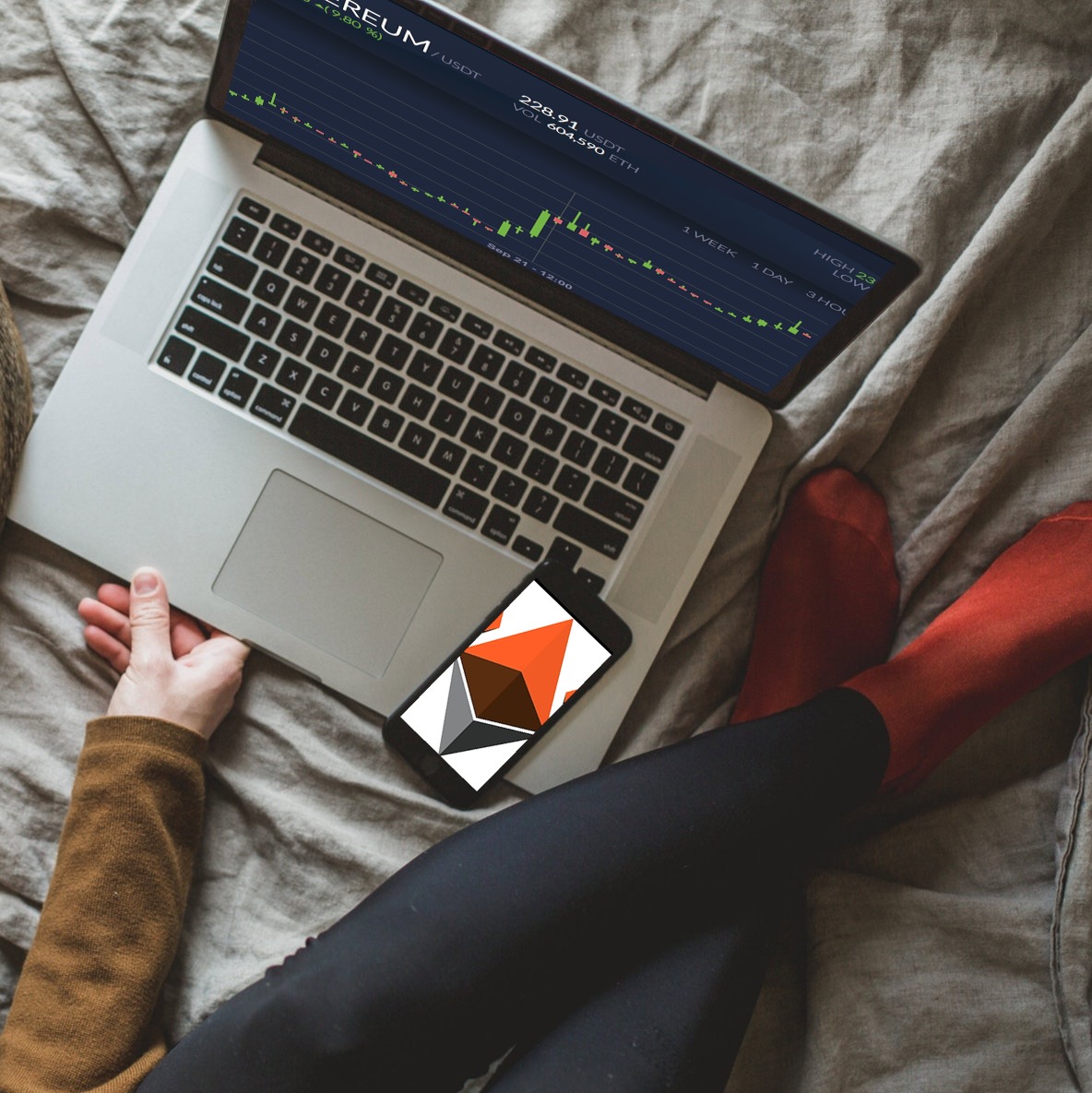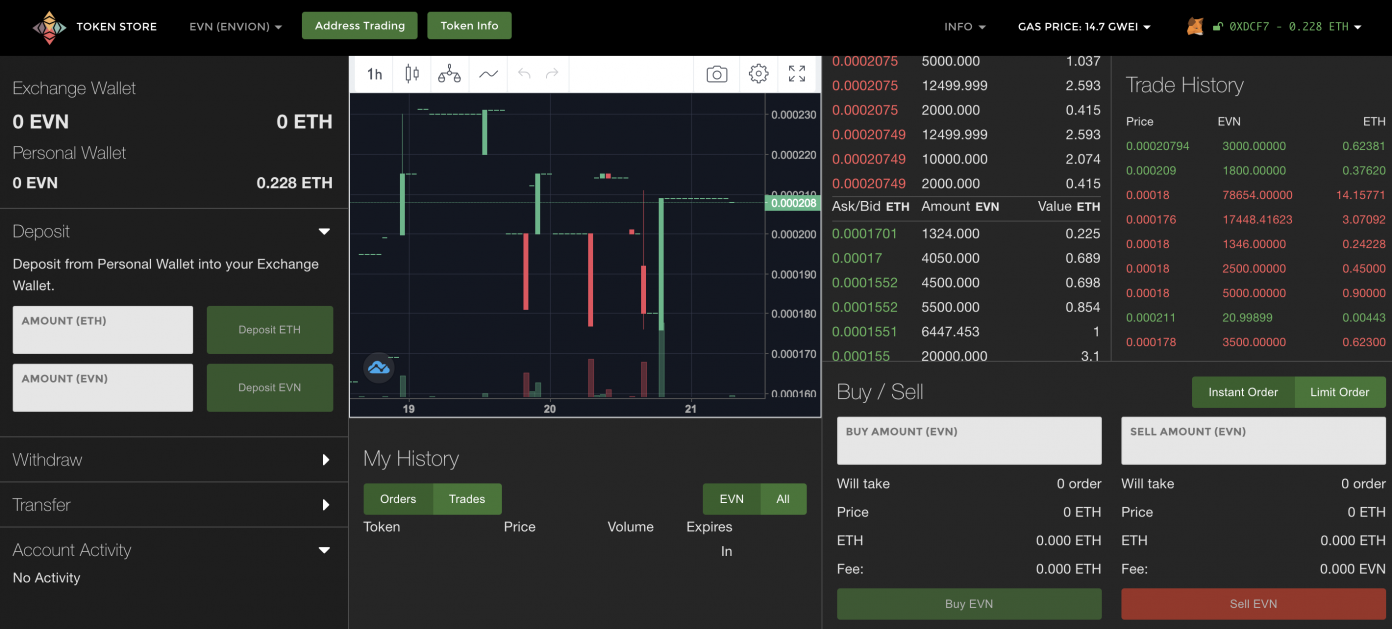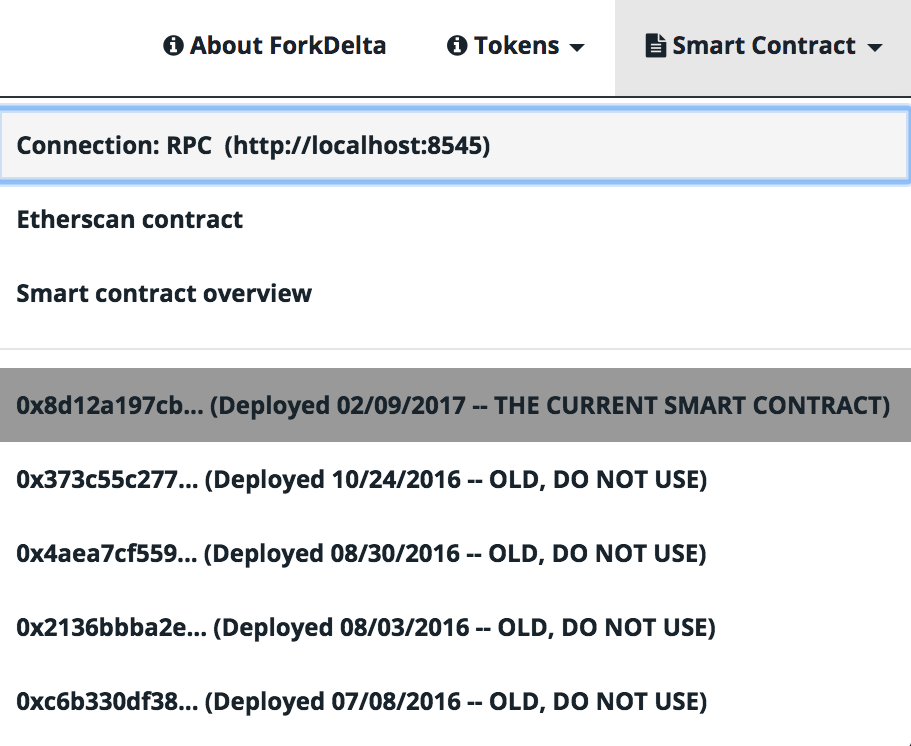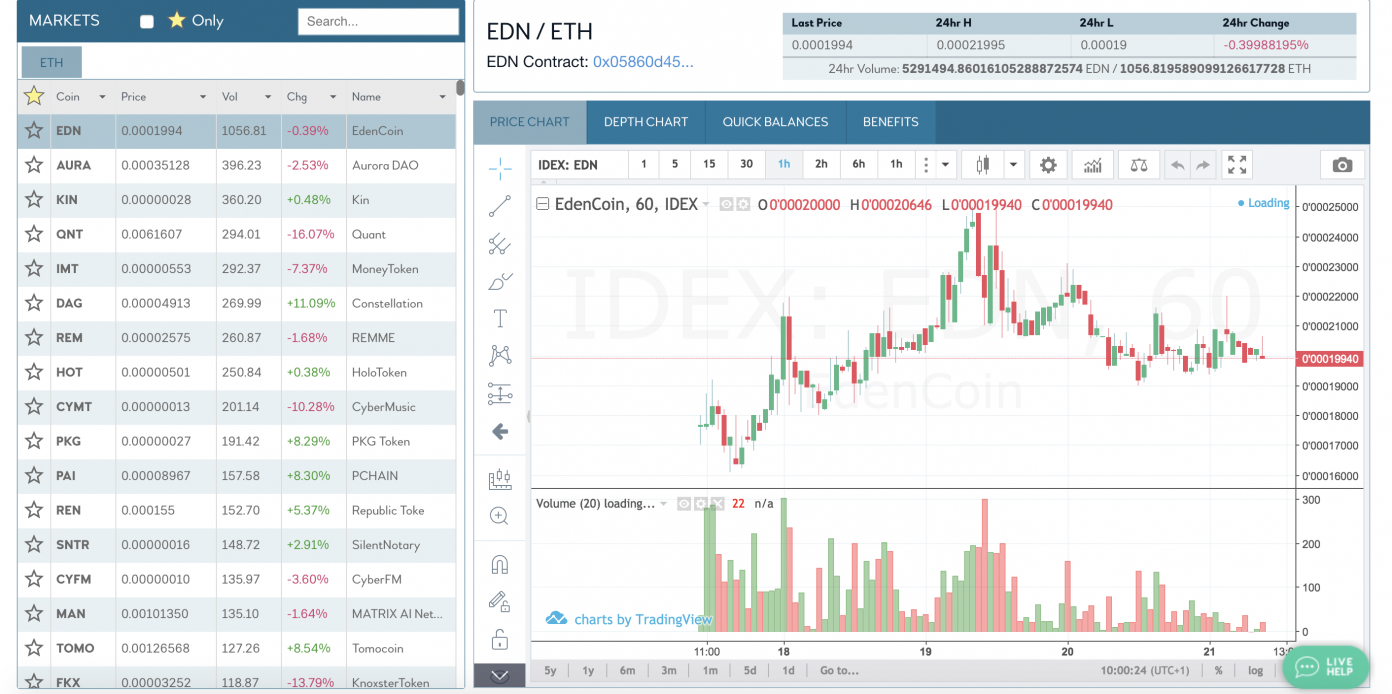
Decentralized cryptocurrency exchanges are getting better. They’ve still some way to go before they match the UX of the best centralized exchanges, or facilitate cross-chain trades for that matter, but they’ve come a long way since the Etherdelta days at least. In a week where Ethfinex Trustless debuted, we review four of the top ERC20 exchanges.
Also read: Japanese Regulators Urgently Respond to Zaif’s Hack
Four DEXes, One Review
Decentralized exchanges (DEXes) promise many of the same features as conventional exchanges such as the ability to set limit and market orders and to trade an array of tokenized assets. There’s one crucial difference however: your funds remain in your possession. Through connecting the Metamask Ethereum browser extension, it’s possible to execute trades without needing to leave your precious cryptocurrency stored on an exchange.

While most DEXes have a “Deposit” button, upon pushing it, your ethereum is not transferred into the custody of the exchange you’re trading on. Instead, a smart contract grants the platform’s trading engine permission to offer your ETH for a range of ERC20 tokens. While progress has been made with facilitating cross-chain swaps, allowing, say, BTC to be swapped for DASH, or BCH for ETH, we’re some way from seeing a consumer-ready platform that can achieve this. For now, then, the decentralized platforms featured below are about as good as it gets, while hinting at the shape of decentralized trading to come.
Forkdelta
So-named because it’s a fork of Etherdelta, the original Ethereum DEX, Forkdelta retains much of the same stylings as its parent platform. This means a bewildering and unintuitive order book, the risk of omitting a zero when placing an order and over-buying or selling by a factor of 10, plus the potential to purchase the wrong token altogether. In short, Forkdelta is not a fun place to play, and should be avoided by DEX rookies.

That being said, for traders who cut their teeth on Etherdelta, Forkdelta will be familiar, and if it works for you, it seems churlish to complain about an interface that is a little rough around the edges. With 24-hour volume of 1,850 ETH and 760 users according to Dappradar, Forkdelta is alive at least. Unintuitive dropdown menus and a confusing array of old smart contract addresses mean Forkdelta isn’t for the faint-hearted or easily overwhelmed. Persevere, however, and you might just find a few ERC20 gems lurking in its depths.

IDEX
IDEX became the new Etherdelta long before Forkdelta became the new Etherdelta. That is to say, IDEX is the leading ERC20 token by some distance, and has been for almost a year now. For newcomers to the decentralized trading game, it’s probably the best place to start. While the UX is not as smooth as that of a Binance or Coinbase, it’s easy to grasp at least, and trades are executed quickly by DEX standards.

After visiting IDEX with Metamask activated, select “Deposit” to transfer ETH or an ERC20 token held in your wallet via smart contract. Within a couple of minutes, the funds will show up in your IDEX wallet, whilst still remaining in your possession. Markets can be filtered by name, volume, price, and percentage change, making it easy to find the asset you’re after. 24-hour volume of 4,000 ETH and almost 1,400 users confirm IDEX as top dog.
Token Store
Token Store is a lesser known DEX, which in operation falls somewhere between Forkdelta and IDEX. The interface is nice, and the platform’s painless to use. With just 200 users and 53 ETH exchanged in the last 24 hours, though, Token Store’s biggest flaw is low liquidity. File this DEX under “One to watch”.
Ethfinex Trustless
As we reported on Tuesday, Ethfinex has now launched Trustless, its very own DEX. The exchange is likely to take a chunk out of IDEX and Forkdelta’s volume once it goes fully live in a couple of weeks. It’s open for business now, but with a limited selection of tokens, and the requirement to own at least one NEC (the native Ethfinex token) to trade. Once these restrictions are lifted, Trustless should have no trouble cementing itself as a leading DEX, aided by the liquidity it’s granted by Ethfinex and Bitfinex.

A simple but clean UX makes Trustless a pleasure to use. Depositing funds calls for clicking the “Lock” button, which is a more accurate description than that proffered by the likes of IDEX, since that is exactly what’s occurring: you’re locking your funds into a smart contract for the purposes of trading. With its focus on building a community whose input is sought on such matters as token listings, Ethfinex Trustless has the potential to become the go-to platform for ERC20 traders.
What’s your favorite decentralized exchange and why? Let us know in the comments section below.
Images courtesy of IDEX, Forkdelta, and Ethfinex.
Disclaimer: Bitcoin.com does not endorse nor support these products/services.
Readers should do their own due diligence before taking any actions related to the mentioned companies or any of their affiliates or services. Bitcoin.com is not responsible, directly or indirectly, for any damage or loss caused or alleged to be caused by or in connection with the use of or reliance on any content, goods or services mentioned in this article.
The post Review: A Side-by-Side Comparison of Decentralized Exchanges appeared first on Bitcoin News.
Powered by WPeMatico
